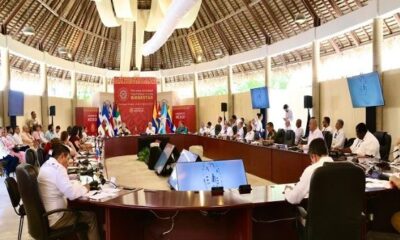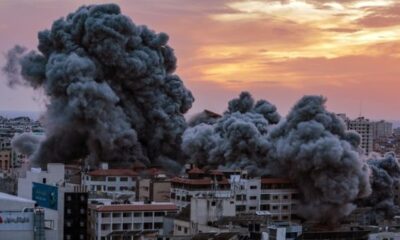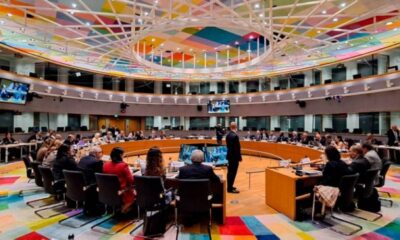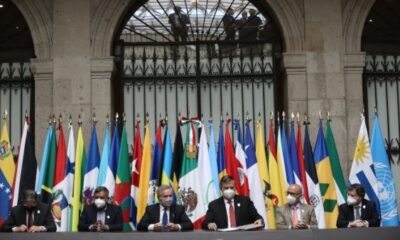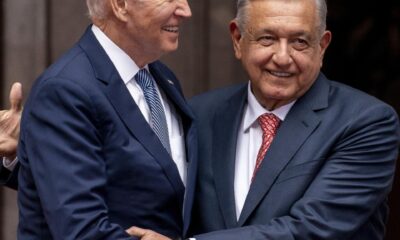International
Latin American leaders hold summit with Brazil back in the fold
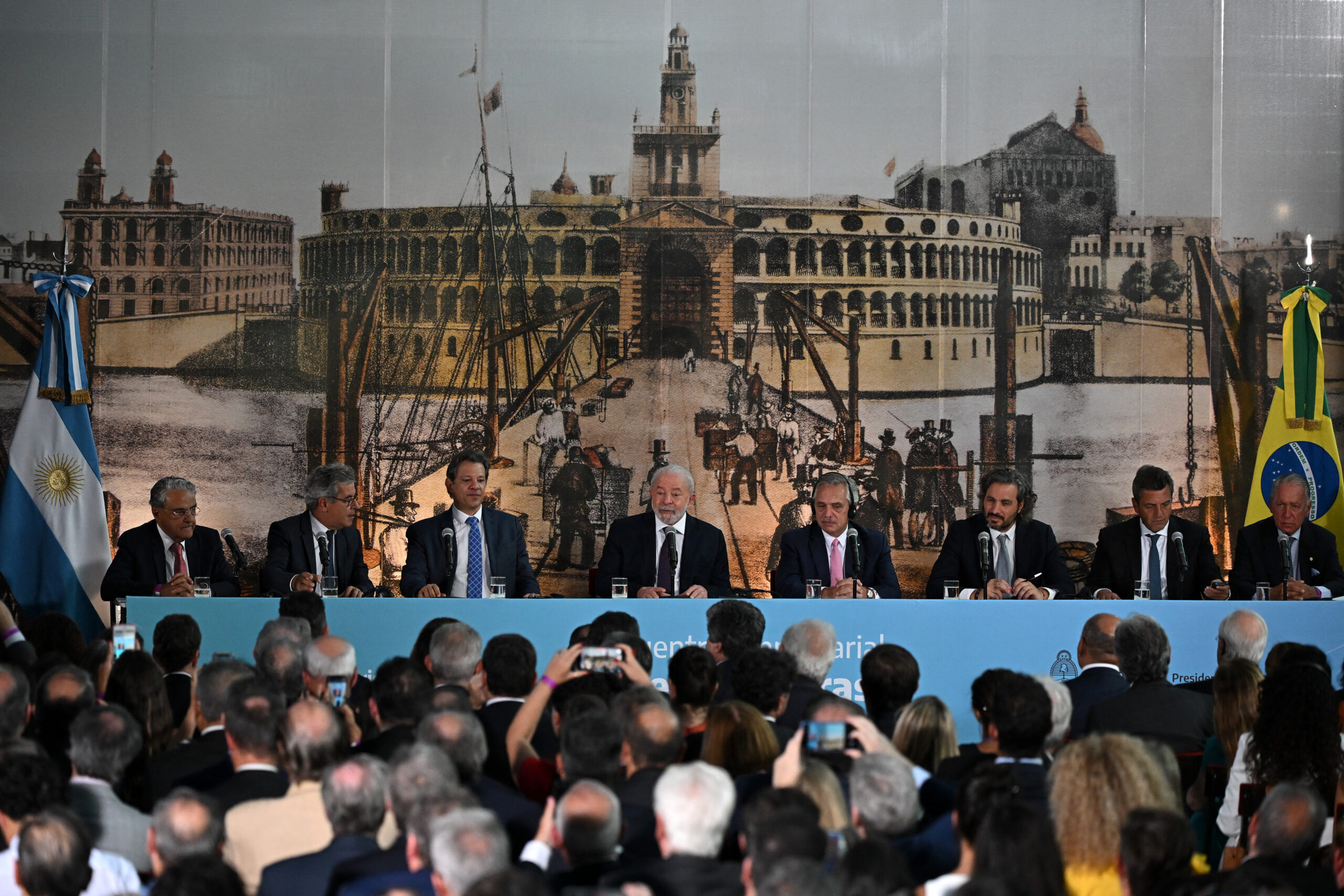
January 24 | By AFP | Philippe Bernes-Lasserre / Mauricio Rabuffetti |
Fifteen Latin American heads of state and government meet Tuesday in Buenos Aires for a regional summit welcoming back Brazil as President Luiz Inacio Lula da Silva looks to rebuild bridges after his far-right predecessor Jair Bolsonaro pulled out of the grouping.
The 77-year-old Lula, in Argentina for the first international trip of his third term, will participate in the seventh Community of Latin American and Caribbean States (CELAC) summit, bringing together 33 states from the region.
Lula was one of the founders of CELAC, during the first “pink wave” on the continent in the first decade of the century.
And now he brings Brazil back into the fold after Bolsonaro had suspended the country’s participation in the grouping.
Host Argentina this week hailed a “new climate in Latin America”, with the region ushering in a new wave of left or center-left governments since 2018, including Mexico, Argentina, Honduras, Chile, Colombia and Brazil.
A forum for consultation and cooperation, CELAC is not a regional integration mechanism with binding opinions.
And for all the importance underlined on Monday by Argentine President Alberto Fernandez and Lula of “the need to integrate Latin America,” CELAC is struggling to unite members over successive regional crises, like Peru.
“Latin America is bankrupt from the institutional point of view (…) it has not succeeded in integrating collectively into the world,” Ignacio Bartesaghi, an expert in international relations at the Catholic University of Uruguay, told AFP.
At the very least, CELAC “remains a vast and diverse space of Latin American countries from which minimal agendas or common interests for the region can be established”, agreed Bernabe Malacalza, researcher in international relations at the Argentine national research center CONICET.
“There is not even certain basic consensus in Latin America, as on the difference between a democracy and a dictatorship,” Bartesaghi stressed.
“There are (at CELAC) presidents who do not even recognize each other,” he noted.
Like Paraguay’s Mario Abdo Benitez, whose country broke diplomatic relations with Nicolas Maduro’s Venezuela in 2019.
Lula meanwhile has pledged to reopen the embassies.
‘Rebuild Mercosur!’
Maduro at last minute called off his trip, citing “a risk of aggression” from “the neo-fascist right,” a possible reference to some Argentine opposition politicians calling for him to be arrested on arrival.
Other significant absentees in Buenos Aires include Mexico’s leftwing President Andres Manuel Lopez Obrador, leader of the second largest economy in Latin America and host in 2021 of the last CELAC summit.
CELAC however remains the interlocutor of choice for China, or the EU to negotiate cooperation agendas with the region.
But even here, “The impossibility of holding an EU-CELAC summit since the last one in 2015 (in Brussels) illustrates (…), the absence of a solid biregional political dialogue,” Malacalza said.
In this sense, the return of Lula could give a boost to certain sub-regional issues, such as the free-trade agreement between the EU and the Mercosur group which comprises Brazil, Argentina, Uruguay and Paraguay.
The deal was finalized in 2019 but never ratified, due in particular to concerns about Bolsonaro’s environmental policy.
Lula has indicated a willingness to resume contacts.
“We are going to rebuild Mercosur!” Lula said Monday evening, referring to the customs union which has been torn in recent months over a free trade treaty with China.
“We will recreate Unasur!” he continued, referring to the moribund Union of South American Nations created in 2008 on the initiative of himself and Venezuela’s Hugo Chavez.
Latin America is only the initial phase of the Brazilian president’s international push, with Lula heading to Washington in February and to China “after March.”
International
Trump to decide soon on deportation exemptions for construction and farm workers
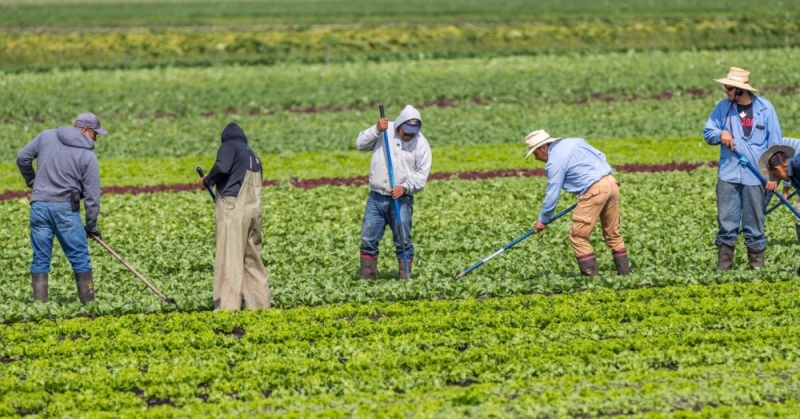
U.S. President Donald Trump stated on Tuesday in Florida that he will make a decision in the coming weeks regarding exemptions from deportations for workers in the construction and agriculture sectors.
Trump made these remarks to the media during a visit to the new migrant detention center, ‘Alligator Alcatraz,’ located in the middle of a wetland in Florida, the White House reported.
ICE (Immigration and Customs Enforcement) raids have targeted many of these workers, sparking fear among them and threatening to slow down two sectors that are vital to the U.S. economy.
In construction, 25.7% of workers are immigrants, and 14.1% of the total workforce nationwide is undocumented, according to the American Immigration Council.
In agriculture, the percentage of undocumented employees rises to 42%, according to data from the Department of Agriculture cited by the New York Times.
International
IDB plans $11 billion in sustainable financing to support countries facing currency risks
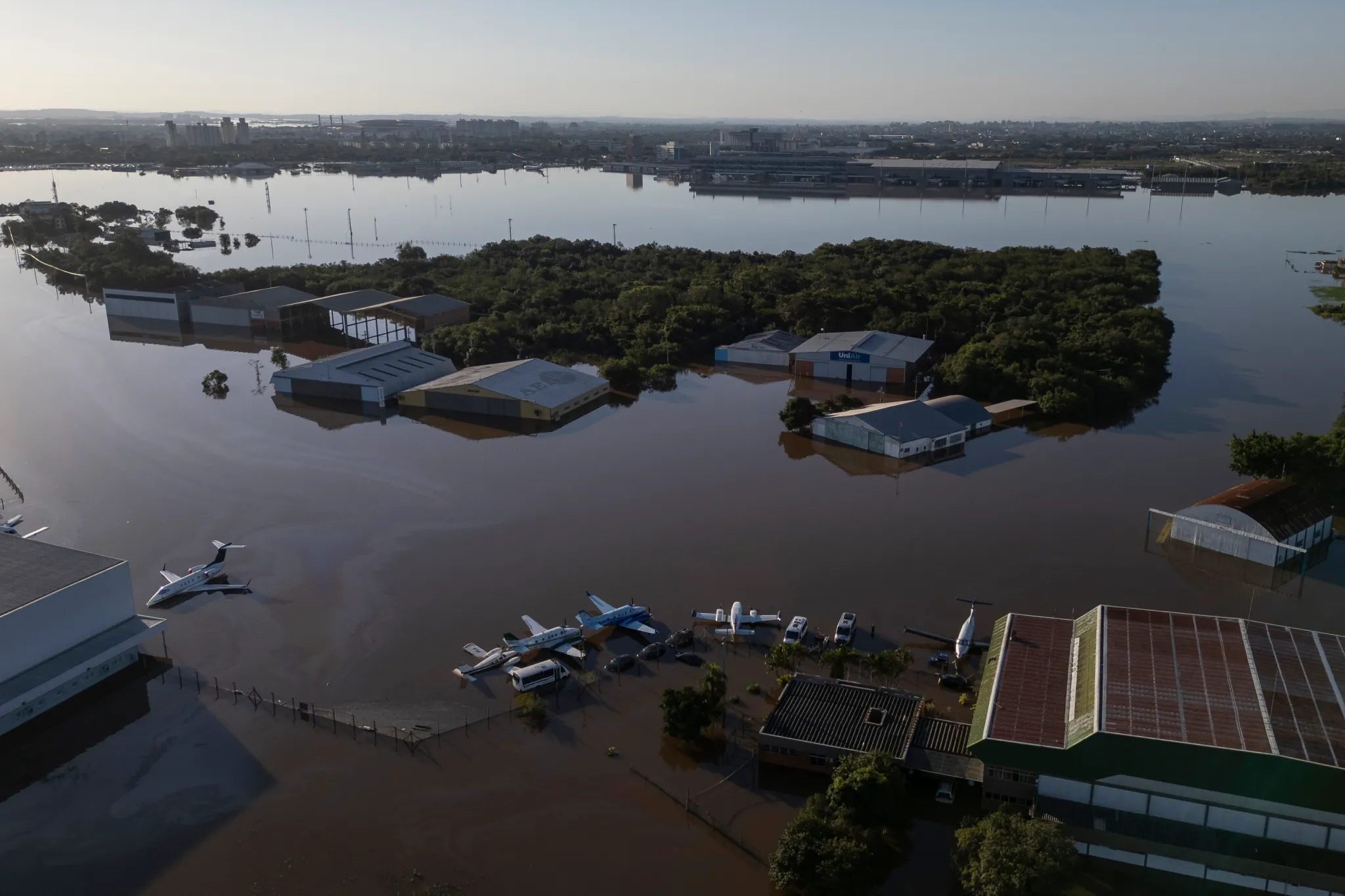
The Inter-American Development Bank (IDB) aims to unlock at least $11 billion in sustainable financing to help countries address challenges including natural disasters that strain their currencies and hinder private sector investment.
As the United States and other wealthier countries reduce official development assistance, multilateral lenders face pressure to find new ways to tackle issues such as climate change and biodiversity loss. During the Fourth International Conference on Financing for Development, IDB President Ilan Goldfajn stated that the measures adopted by the IDB are expected to inspire more private sector contributions, which is a key priority of the conference.
“We are not just announcing ideas; we are launching what the private sector is asking for: credible tools, scalable platforms, and real opportunities to invest with impact and confidence,” he added.
Support will include a new platform designed to help countries manage the risk of large swings in their national currencies that can deter international investors by making returns harder to predict. Based on a program in Brazil that has already attracted $8 billion from the private sector since its launch last year, the plan is to expand the concept to other regional economies over the next three years and at least double the amount mobilized.
Called FX EDGE, the platform will offer a credit line that activates if a currency drops sharply—a common problem during political or debt crises or after natural disasters—ensuring debtors can continue to service their loans in dollars or other foreign currencies.
The platform also aims to enable greater use of long-term currency hedging instruments, such as derivatives, through local banks and financial institutions, backed by the IDB’s credit rating.
International
Maduro’s government appeals to Vatican for help rescuing migrant children
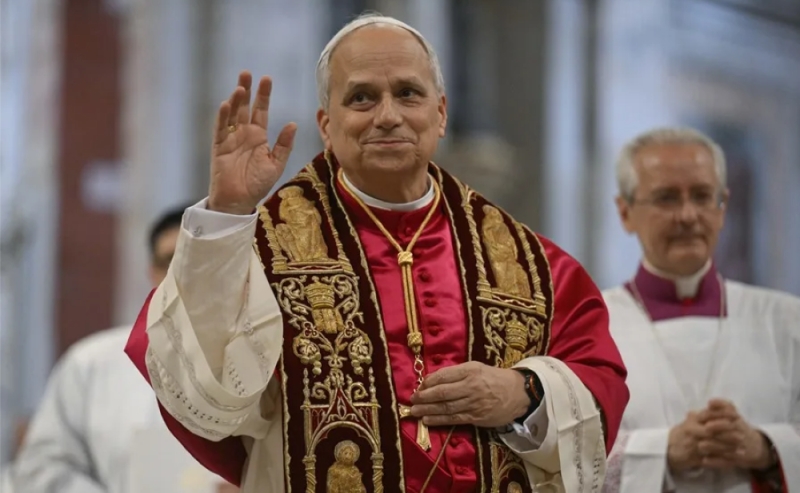
Este lunes, durante su programa semanal ‘Con Maduro +’, el mandatario venezolano anunció que pediría al sumo pontífice su ayuda para rescatar a 18 niños migrantes.
“Yo sé que el papa es un hombre que comprende estos temas. Le pido ayuda a la Iglesia católica, apostólica y romana, al papa León, para que la Iglesia católica de Estados Unidos y la Iglesia católica de El Salvador proteja a los migrantes y nos ayude con sus gestiones para rescatar a estos niños y a estas niñas”, indicó Maduro en el espacio transmitido por VTV.
Más temprano, Rodríguez había pedido al alto comisionado de la ONU para los Derechos Humanos, Volker Türk, y al coordinador residente de la ONU en Venezuela, Gianluca Rampolla, pronunciarse sobre este hecho y exigió a Washington devolver a los pequeños.
-
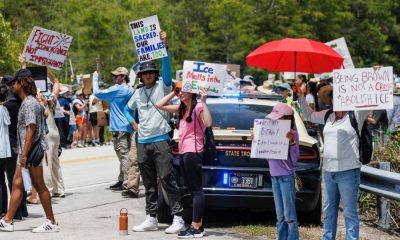
 International4 days ago
International4 days agoProtests erupt over Florida’s ‘Alligator Alcatraz’ migrant jail in the Everglades
-
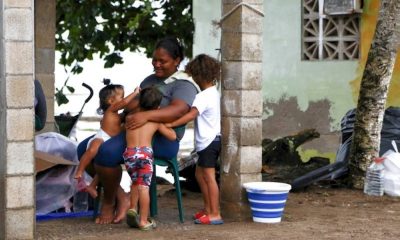
 Central America4 days ago
Central America4 days agoMigrants stranded in Panama amid US Policy crackdown and Darién gap barriers
-
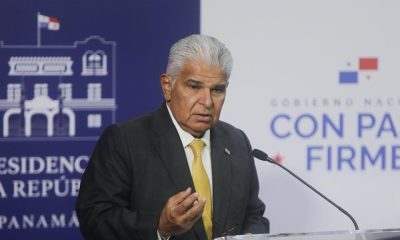
 Central America16 hours ago
Central America16 hours agoPanama’s President Mulino: “We are regaining international trust” to exit tax haven lists
-

 International4 days ago
International4 days agoTikTok sale advances as Trump reveals deal is in place
-
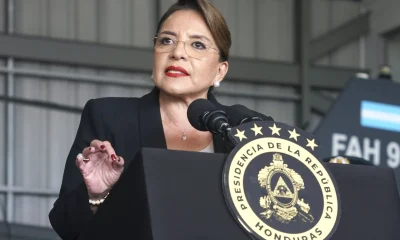
 Central America4 days ago
Central America4 days agoCastro to address FfD4 in Spain as Global Financial Reform takes center stage
-
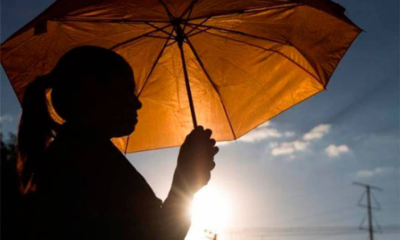
 International2 days ago
International2 days agoSpain hits record 46°C in June amid scorching heatwave
-
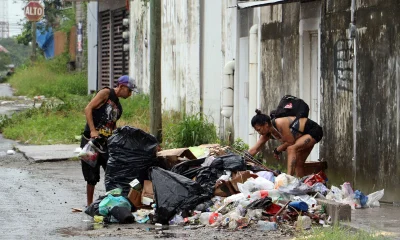
 International2 days ago
International2 days ago7 in 10 mexicans born poor stay poor, new report finds
-

 International2 days ago
International2 days agoTrump administration sues Los Angeles over sanctuary city policies
-
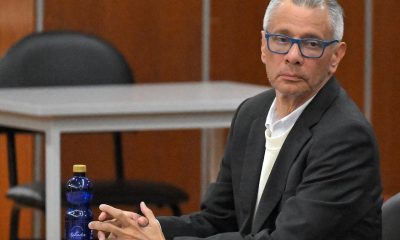
 International2 days ago
International2 days agoEcuador’s former VP Jorge Glas sentenced to 13 more years for corruption
-

 International1 day ago
International1 day agoThe White House insists that the United States remains in contact with Iran
-
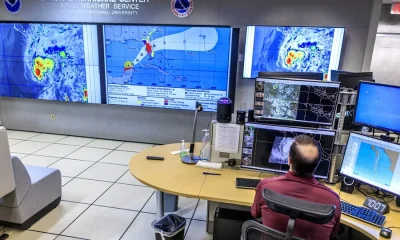
 International1 day ago
International1 day agoThe US climate agency will lose access to key data for hurricane forecasting in July
-
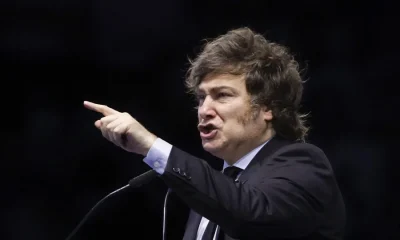
 International1 day ago
International1 day agoThe Argentine justice declares Milei’s measure that limited the right to strike unconstitutional
-
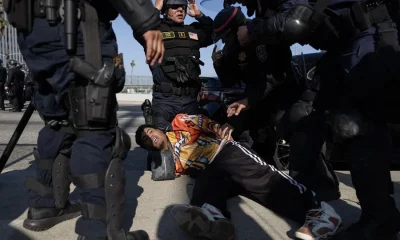
 International1 day ago
International1 day agoTrump sues Los Angeles for immigrant “sarture city” policies
-
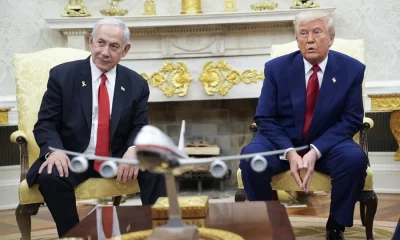
 International1 day ago
International1 day agoTrump will receive Netanyahu at the White House next week
-
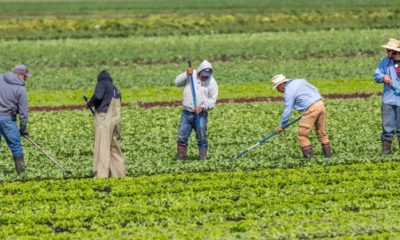
 International16 hours ago
International16 hours agoTrump to decide soon on deportation exemptions for construction and farm workers
-
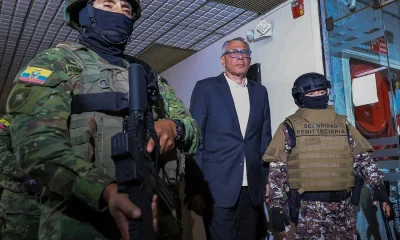
 International1 day ago
International1 day agoFormer Correísta vice president Jorge Glas, sentenced to 13 years in prison for embezzlement in Ecuador
-
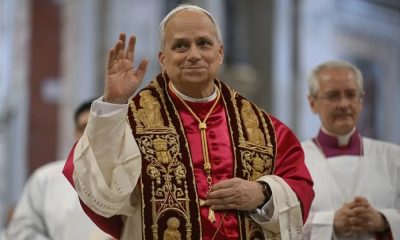
 International16 hours ago
International16 hours agoMaduro’s government appeals to Vatican for help rescuing migrant children
-

 International1 day ago
International1 day agoAn investigation by the Trump Administration concludes that Harvard violated the rights of Jewish students
-
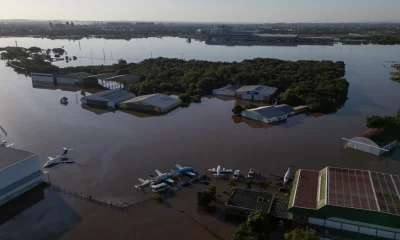
 International16 hours ago
International16 hours agoIDB plans $11 billion in sustainable financing to support countries facing currency risks
-
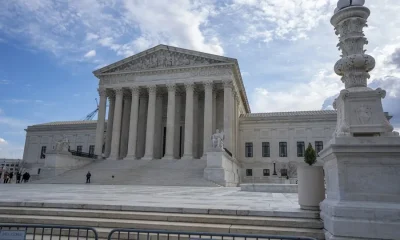
 International1 day ago
International1 day agoThe US Supreme Court will address the reduction of spending limits of parties in campaigns
-
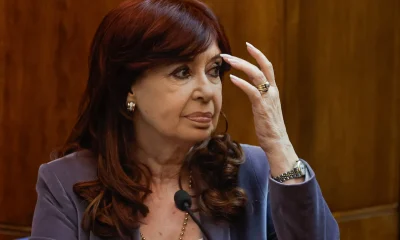
 International16 hours ago
International16 hours agoFormer argentine president seeks brazilian leader’s visit amid house arrest











































































